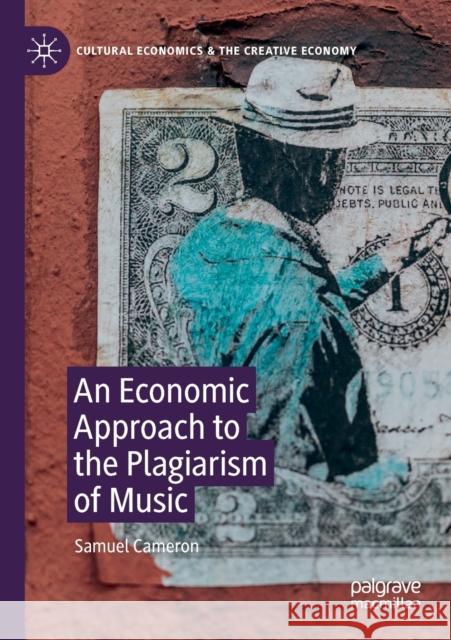An Economic Approach to the Plagiarism of Music » książka
topmenu
An Economic Approach to the Plagiarism of Music
ISBN-13: 9783030421113 / Angielski / Miękka / 2021 / 141 str.
An Economic Approach to the Plagiarism of Music
ISBN-13: 9783030421113 / Angielski / Miękka / 2021 / 141 str.
cena 221,90
(netto: 211,33 VAT: 5%)
Najniższa cena z 30 dni: 212,02
(netto: 211,33 VAT: 5%)
Najniższa cena z 30 dni: 212,02
Termin realizacji zamówienia:
ok. 16-18 dni roboczych.
ok. 16-18 dni roboczych.
Darmowa dostawa!
Kategorie:
Kategorie BISAC:
Wydawca:
Palgrave Pivot
Seria wydawnicza:
Język:
Angielski
ISBN-13:
9783030421113
Rok wydania:
2021
Wydanie:
2020
Numer serii:
001087166
Ilość stron:
141
Waga:
0.21 kg
Wymiary:
21.01 x 14.81 x 0.89
Oprawa:
Miękka
Wolumenów:
01
Dodatkowe informacje:
Wydanie ilustrowane











